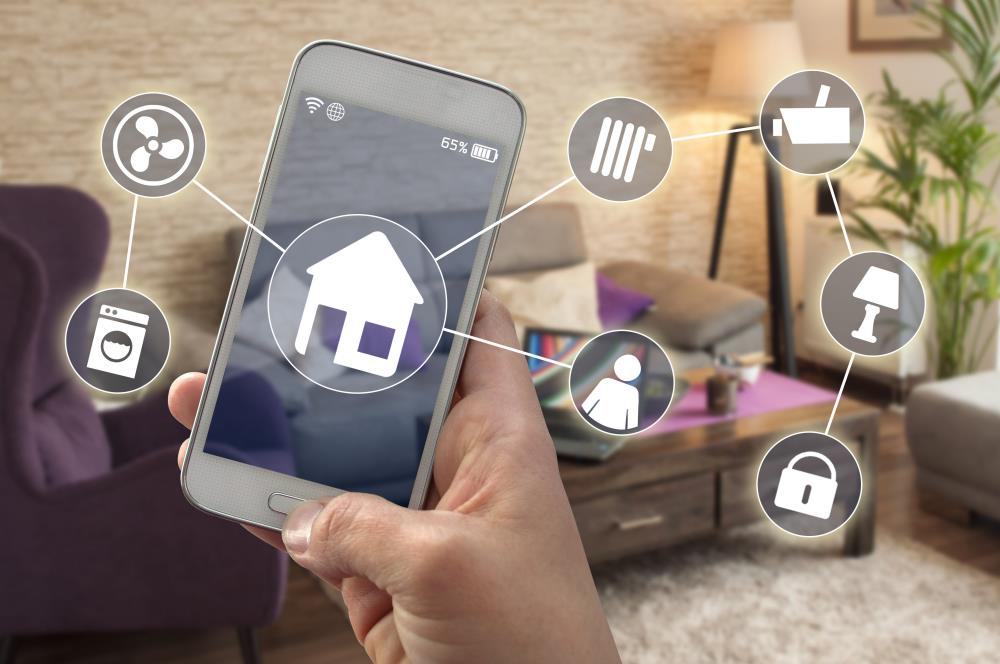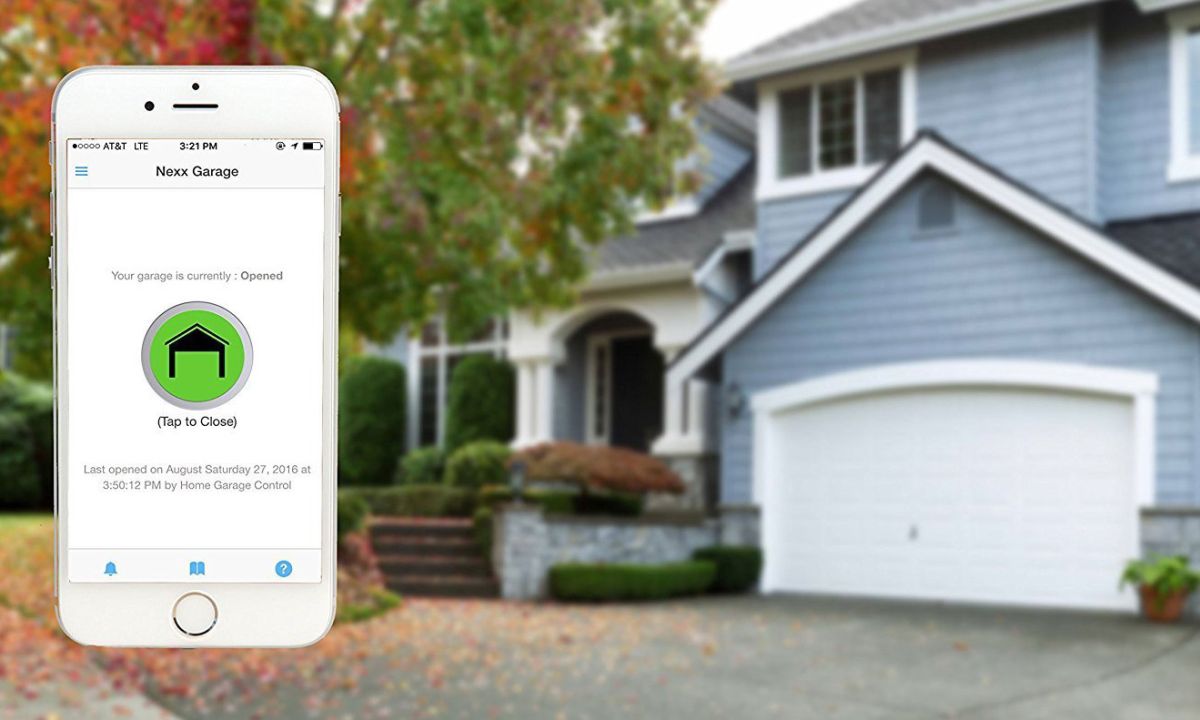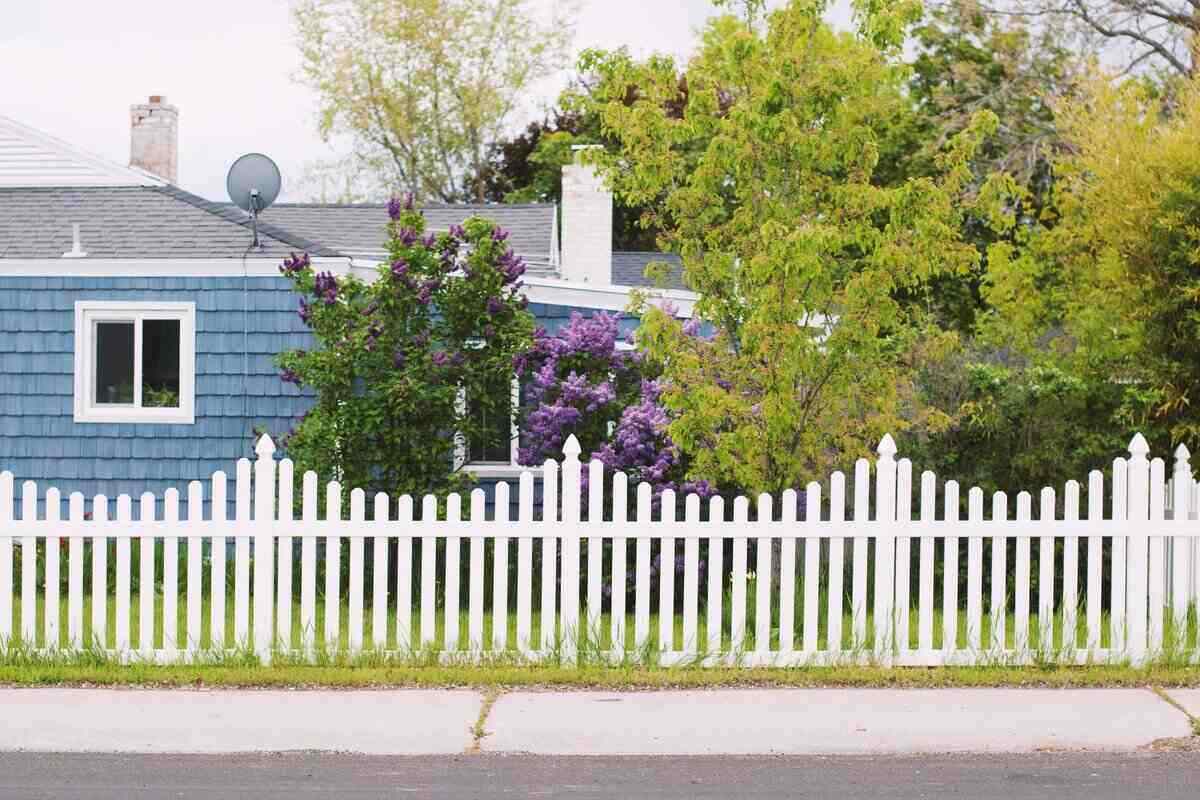Contents
- 0.1 The Importance of Home Security
- 0.2 A Brief Overview of Smart Home Security
- 0.3 A Brief Overview of Traditional Security
- 1 Smart Home Security
- 2 Traditional Security
- 3 Smart Home Security vs Traditional Security: Which One is Right for You?
- 4 Cost Comparison: Smart Home Security vs Traditional Security
- 5 Integration with Other Devices: How Do They Compare?
- 6 Installation Process: Comparing Smart Home vs Traditional Security
- 7 Data Privacy
- 8 Maintenance & Upkeep
- 9 Conclusion:
Your home is your castle, and keeping it safe and secure should be a top priority. The rise in home burglaries has made homeowners more vigilant about their security measures, and there are many options available on the market. Two of the most popular choices for home security are smart home security systems and traditional security systems.
The Importance of Home Security
Home security is crucial for several reasons. Most importantly, it ensures that your family and possessions are protected against theft and burglary. With the right system in place, you can rest assured that your home is being monitored 24/7, even when you’re not there.
In addition to protecting against burglaries, a good home security system can also provide protection against other potential hazards such as fire or carbon monoxide leaks. With early detection from monitoring sensors, you can quickly take action before it’s too late.
A Brief Overview of Smart Home Security
Smart home security systems are becoming increasingly popular due to their convenience and advanced features. These systems use Wi-Fi enabled devices to connect various aspects of your home’s security into one centralized hub that can be controlled remotely via an app on your smartphone or tablet.
One significant advantage of smart home security is its ability to integrate with other smart home devices such as voice assistants like Amazon Alexa or Google Assistant. This integration allows for seamless control over all aspects of your home from one easy-to-use interface.
A Brief Overview of Traditional Security
Traditional security systems have been around for decades and are still widely used today. These systems typically consist of sensors installed on doors and windows that communicate with a central control panel wired into the house’s electrical system. One significant advantage of traditional security is its reliability and familiarity; many homeowners feel more comfortable with a system they know how to operate without relying on technology or Wi-Fi connections that could fail during an emergency.
Smart Home Security
What is Smart Home Security?
Smart home security systems are connected devices that allow you to monitor and control your security features remotely through a smartphone app or other networked device. These devices communicate with each other wirelessly, and sometimes with your internet-connected appliances, to provide real-time monitoring of your home. They typically consist of a range of sensors and cameras that detect when someone enters the home, and can send alerts to you or a monitoring company when triggered.
The Advantages of Smart Home Security
One major advantage of smart home security systems is convenience. With these systems, you can control your security features from anywhere using your smartphone app; this means that you can arm and disarm your system remotely, check on the status of sensors from anywhere in the world, and receive alerts instantly if there is an unexpected movement detected at home. Another advantage is remote access.
This means that you can view live video feeds from cameras installed in your house while you’re away from home. You can also set up virtual keys for family members or trusted friends so they can enter without needing physical access keys.
Integration with other devices such as voice assistants like Amazon Alexa or Google Home is another benefit. For instance, some smart locks are compatible with voice commands which enable hands-free unlocking with just your voice.
Examples of Popular Smart Home Security Systems
There are various options for smart home security systems available on the market today. One popular example is Ring Alarm which offers DIY installation and affordable pricing options for different needs: basic features start at $199 whereas advanced protection costs $329 per year. Nest Secure by Google offers similar benefits but requires a monthly subscription fee for remote access features.
Other popular brands include ADT’s Pulse system which allows users to manage their alarms remotely through an app; SimpliSafe’s wireless DIY security system which offers 24/7 monitoring starting at $14.99 per month. Vivint Smart Home’s complete home automation and security suite, which includes surveillance cameras, smart locks, and voice-controlled thermostats starts at $39.99 per month.
Overall, smart home security systems offer plenty of advantages over traditional security systems. From remote access to integration with other devices, these systems are quickly becoming a popular choice for homeowners who want more control over their security measures.
Traditional Security
The Tried and True Method of Protecting Your Home
When it comes to home security, traditional security systems have been around for many years and are still used by many homeowners today. Traditional security typically involves installing a wired or wireless system that includes sensors on doors and windows, motion detectors, and an alarm that goes off if any of the sensors are triggered. One major advantage of traditional security is reliability.
Since this method has been around for so long, it has been perfected over time. Traditional security systems have a proven track record of successfully protecting homes from burglars.
Additionally, since the system is wired into the home, there is no risk of communication failure as there can be with some smart home security systems. Another advantage of traditional security is familiarity.
Many people grew up with these types of systems in their homes and feel more comfortable with them than with newer technologies. Plus, since they do not rely on Wi-Fi or other wireless technologies, they can be more secure from hacking attempts.
There are many different types of traditional security systems available on the market today. One popular option is ADT’s Pulse system which includes 24/7 monitoring services, smart home integration options, and video surveillance capabilities.
Another well-known option is Vivint which offers customizable packages including doorbell cameras and two-way voice communication with monitoring professionals. Overall, traditional security can provide homeowners with peace of mind knowing that their home is protected by a reliable and familiar system that has proven successful in keeping intruders out.
Smart Home Security vs Traditional Security: Which One is Right for You?
Comparison between Smart Home Security and Traditional Security
As we compare smart home security systems to traditional security systems, it is important to note that each has its own unique advantages. Smart home security systems are designed to work in conjunction with other smart devices and provide a more convenient and user-friendly experience. On the other hand, traditional security systems are more reliable and time-tested.
Pros and cons for each type of system smart Home Security:
Pros:
- Convenient: Smart home security systems can be controlled remotely from your smartphone or another device, making it easy to check on your home at any time.
- Integration with other devices: These systems often integrate with other smart devices in your home such as voice assistants or thermostats.
- User-friendly interface: Many of these devices have intuitive interfaces that make them easy to use.
Cons:
- Vulnerability: Some people worry about the possibility of hackers gaining access to their connected devices.
- Costly upfront investment: Smart home security systems can be expensive when compared to traditional options.
- Maintenance and upkeep required: These systems require updates and maintenance just like any other piece of technology.Traditional Security Systems:
Pros:
- Familiarity: Traditional security systems have been around for a long time, so many people are comfortable working with them.
- No reliance on Internet connection: Unlike smart home security systems, traditional ones do not rely on an Internet connection so they cannot be affected by network outages or hackers.
- Reliability: Typically, these systems have been tested over and over again and are known to be reliable.
Cons:
- Inconvenience: Traditional security systems often require a physical presence to operate, meaning that you cannot easily turn them on or off remotely.
- Outdated technology: The technology behind traditional security systems is often outdated when compared to smart home options.
- Limited features: These systems do not offer the same level of integration with other devices as smart home security systems do.
Factors to consider when choosing between the two
When deciding between smart home security and traditional security options, there are many factors to consider. One of the most important factors is your own comfort level with technology. If you are comfortable working with new devices and software, then a smart home system may be right for you.
However, if you prefer something that is tried-and-true, then a traditional system may be more your speed. Cost is another factor to consider.
Smart home security systems can be expensive upfront but may save money in the long run due to their energy-efficient features. On the other hand, traditional security systems can be less expensive initially but may require ongoing costs such as professional monitoring fees.
It is important to think about what features are most important for your specific needs. If remote access and integration with other devices are critical for your lifestyle, then smart home options might be worth considering.
However, if reliability and simplicity are important factors for you then a traditional system might be more suitable. Ultimately both types of systems have their pros and cons; choosing between them comes down to weighing which factors matter most in order to find the perfect fit for your individual needs.
Cost Comparison: Smart Home Security vs Traditional Security
When it comes to smart home security systems, the initial cost is often higher than traditional security systems. Smart home security systems typically require more devices and components, such as cameras, sensors and smart locks. However, the long-term costs of a smart home security system are often less since they can be installed by homeowners themselves and do not require professional installation fees.
Additionally, some insurance companies offer discounts for homes with smart home security systems installed. On the other hand, traditional security systems are generally cheaper to install upfront but may have higher monthly monitoring fees.
These fees can range from $20-$50 per month or more depending on the provider. Traditional security systems also typically require professional installation which can cost anywhere from $100-$500.
Ultimately the decision between a smart home security system or a traditional security system may come down to cost for some homeowners. It’s important to consider both short-term and long-term costs before making a choice.
Integration with Other Devices: How Do They Compare?
One of the biggest advantages of a smart home security system is its ability to integrate with other devices such as smartphones or voice assistants like Amazon Alexa or Google Assistant. This integration allows for remote access and control of your home’s security settings from anywhere at any time. Traditional security systems may have limited integration capabilities since they were designed before smartphones and voice assistants became popular.
However, some newer traditional security systems may offer limited smartphone apps or integration with voice assistants. Overall, if you’re looking for a more connected experience between your home’s various devices then it’s hard to go wrong with choosing a smart home security system that integrates well with other devices you already own.
Installation Process: Comparing Smart Home vs Traditional Security
The installation process for both types of systems varies significantly. Smart home security systems are generally easier to install since they can be set up by homeowners themselves without the need for professional installation.
Typically, smart home security systems come with user manuals and online tutorials to guide homeowners through the installation process. Traditional security systems, on the other hand, often require professional installation due to their complexity.
Professional installation ensures that all components of the system are properly installed and configured. Some traditional security companies may offer DIY installation options but these are often more limited in scope than a professional installation.
If you’re comfortable with technology and enjoy DIY projects then a smart home security system may be a better choice for you. However, if you prefer a more hands-off approach then a traditional security system with professional installation might be your best bet.
Data Privacy
When it comes to home security, data privacy is an important concern. With smart home security systems, personal data can be collected and stored in the cloud. This includes video footage, audio recordings, and even information about your daily routine.
It’s important to make sure that your smart home security system provider has strong data security measures in place to protect your information from being accessed by unauthorized individuals. Traditional security systems, on the other hand, do not typically collect or store personal data in the same way as smart home security systems.
However, if you have a monitoring service for your traditional security system, then personal information such as contact details may be stored by the service provider. It’s important to carefully read the terms of service and privacy policy for any monitoring service you use.
Overall, both types of security systems have their own unique privacy concerns that need to be taken seriously. It’s up to you as the homeowner to do your research and choose a system that has strong privacy protections.
Maintenance & Upkeep
Another important factor to consider when choosing between smart home security and traditional security is maintenance and upkeep. Smart home security systems require regular updates and maintenance in order to ensure that they are functioning properly and providing adequate protection for your home.
In some cases, this may involve updating software or firmware on devices such as cameras or motion sensors. Some smart home security providers also offer ongoing monitoring services that can help identify potential issues before they become major problems.
Traditional security systems typically require less maintenance than their smart counterparts since they don’t rely on complex technology or software updates. However, it’s still important to regularly test your traditional system’s components (such as sensors or alarms) to make sure they are functioning properly.
Ultimately, the level of maintenance required will depend on the specific type of system you choose and how it’s configured for your particular home setup. Make sure to factor in ongoing maintenance and upkeep when evaluating different security options.
Conclusion:
After considering both Smart Home Security and Traditional Security systems, it is clear that each has its own benefits and potential drawbacks. Smart home security provides greater convenience, remote access, and integration with other devices, while Traditional Security offers reliability and familiarity.
Ultimately, the decision between these two types of security systems will depend on your personal preferences and needs. When it comes to a cost comparison, smart home security may initially seem more expensive since it requires a higher upfront investment in equipment.
However, traditional security systems may involve ongoing costs for monitoring services. Similarly, installation processes may vary depending on the system you choose.
Another important factor to consider is data privacy. With smart home security systems, personal data is transmitted to cloud servers for processing.
On the other hand, traditional security companies have been collecting personal data for years with established protocols for handling this information. Maintenance requirements also differ significantly between these two types of systems.
While smart home security can be self-maintained via software updates, traditional systems require regular maintenance checks by professionals. Choosing a home security system can be a challenging task that requires careful consideration of all available options.
Whether you decide to go with Smart Home Security or Traditional Security depends on what you value most in a system- convenience or familiarity. However, whichever you choose make sure you thoroughly research every aspect including cost comparison for installation and maintenance requirements as well as data privacy issues to ensure that whatever choice you make will keep your family safe while giving them peace of mind at the same time!











